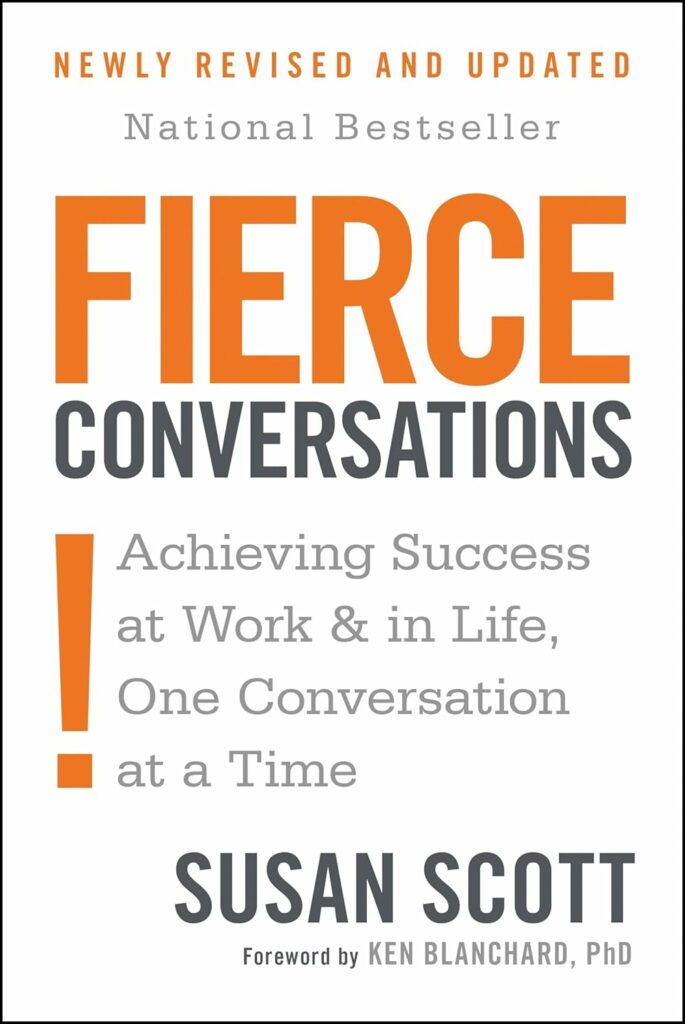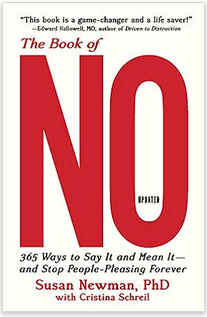“The problem with holding a grudge is that it makes your hands too full to do anything useful.”
—Seth Godin, American author and a former dot-com business executive
Where in your world are you holding a grudge? In what ways has it impacted your productivity and your most important relationships?
Did you know…
- Grudges consume cognitive resources diverting focus from work tasks that require concentration.
- Chronic resentment elevates stress levels and increases the risk of anxiety, depression and physical ailments like hypertension.
- Emotional exhaustion from grudges lowers resilience and impairs problem-solving and creativity.
- Grudge-holding often correlates with social withdrawal, hindering new relationships and deepening loneliness.
EXERCISE:
Letting go of grudges is an act of self-liberation. Acceptance, forgiveness, perspective shifts, and intentional boundary setting are some approaches to consider to free your hands for better things.



